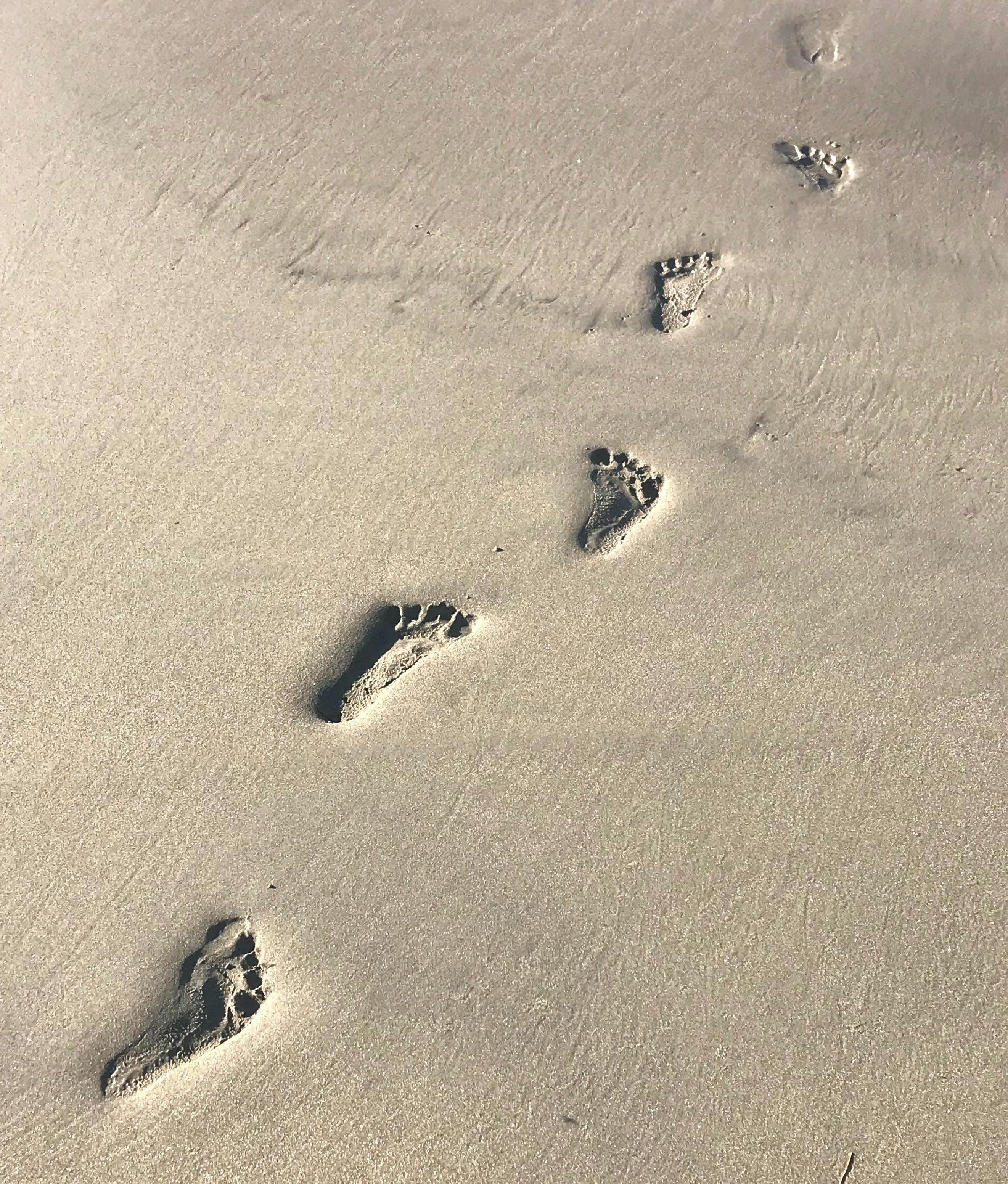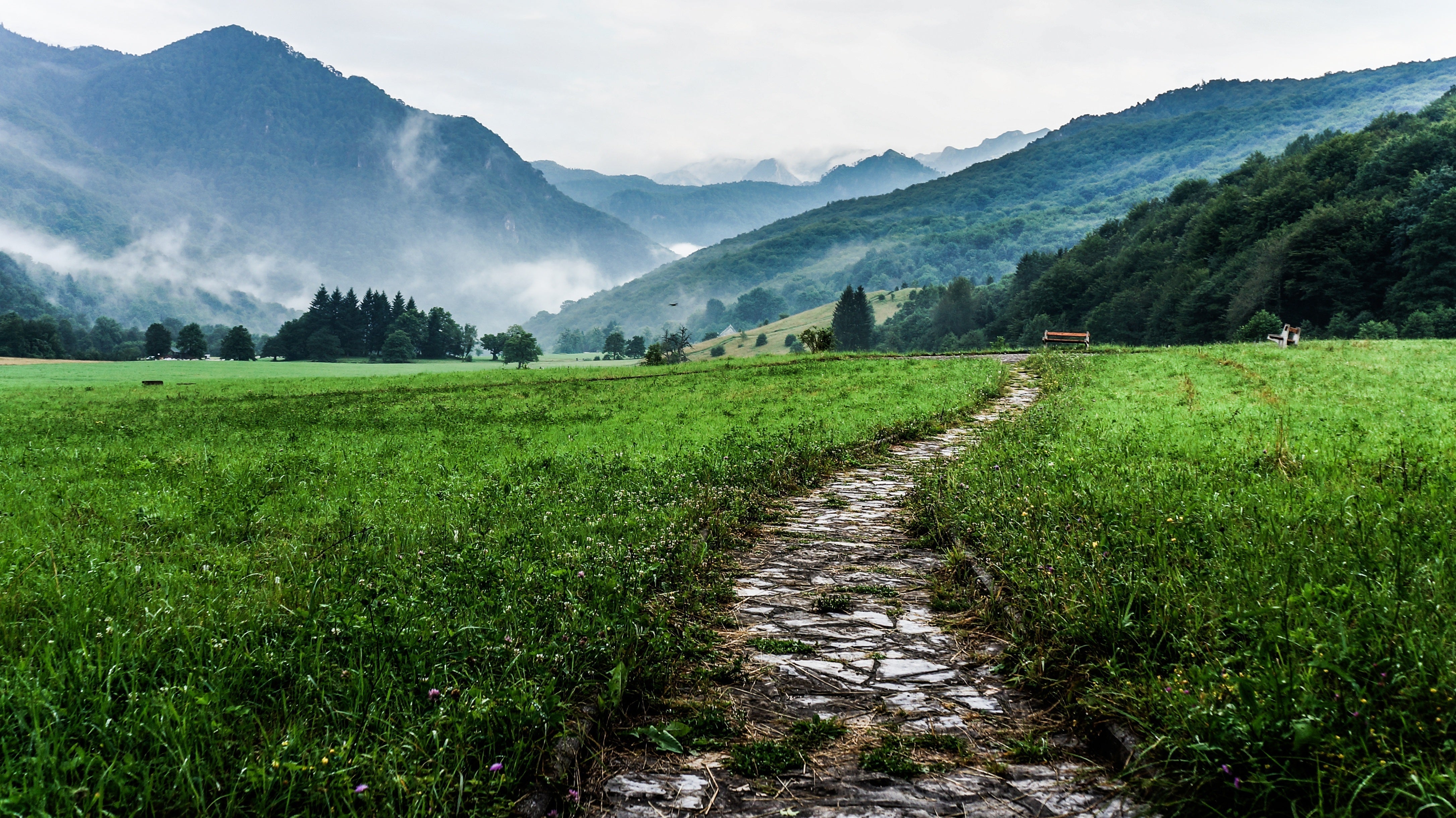
Trace-Making as Creative Practice
This week, as we paused for Labor Day, I found myself reflecting not only on visible and invisible labor but also on the traces our work leaves behind.
In Endarkened Narrative work, we use the term trace-making metaphorically. It refers to the act of identifying, documenting, or honoring the residues, impressions, or remnants left behind by experiences, voices, and stories, especially those that are often overlooked, silenced, or hidden.
Every decision we make —what we include, what we omit, what we emphasize —creates a trace. Those traces shape not only the story of our work but also the story of our relationships and communities.
In our work and creative practice, traces are not always obvious. Sometimes they live in the silences, the gestures, or the emotions just beneath the words. It is
- Noticing the subtle: Picking up on pauses, tone, or what remains unsaid.
- Mapping meaning: Tracing patterns or threads in stories that reveal deeper truths.
- Honoring what lingers: Recognizing emotional, spiritual, or cultural imprints that persist within and beyond the text.
Trace-making helps us pay attention to what might otherwise be dismissed or forgotten.
Trace-Making in Endarkened Narrative Work
Within Endarkened Narrative work, trace-making carries an even deeper ethical weight. It is not just about documentation; it is about relationship and responsibility.
Trace-making in ENI is:
- Ethical: Honoring trauma, wisdom, and ancestral memory without reducing them to data points.
- Creative: Engaging storytelling, art, or ritual to preserve knowledge in ways that resist erasure.
- Relational: Co-witnessing, not extracting and holding stories with care, respect, and accountability.
- Healing: Recognizing that what lingers can be painful AND powerful, and choosing to preserve it in ways that honor both.
In this sense, trace-making is a refusal to let our voices and stories be erased, a way of documenting presence and absence, resilience and resistance. It is an insistence that the imprints of lives and stories matter, even when dominant systems try to silence them.
Maya Angelou is quoted as saying:
“People will forget what you said, people will forget what you did, but people will never forget how you made them feel.”
The traces we leave behind are often emotional, relational, and deeply human. They carry more weight than our finished products because they endure in memory, in relationships, in cultural narratives.
Trace-making invites us to ask:
- What stories or experiences am I holding?
- Whose voices are missing or silenced?
- How am I honoring the traces of trauma, resilience, or wisdom that emerge?
- What am I leaving behind — intentionally or not — for others to carry?
Journaling & Reflection Prompts
Take a few minutes this week to notice your own traces:
- Personal Trace: What emotional or physical trace did last week’s work leave on me? Did it nourish or deplete me?
- Relational Trace: What impression did my presence leave with others in a recent conversation or collaboration?
- Cultural Trace: What story am I contributing to or resisting through my choices and actions?
- Unseen Traces: What labor or care have I offered that few people will ever notice, yet still deeply matters?
- Future Trace: If someone looked back on my work years from now, what trace would I hope they see?
If this resonates, I invite you to practice trace-making this week. Choose one area of your life or work — a conversation, a project, a piece of writing — and ask:
- What trace am I leaving behind?
- Does it align with my values?
- What small shift would create a trace I can stand by with integrity?
And if you want to go deeper, join us in the next cohort of the Endarkened Narratives Lab.


Leave a Comment